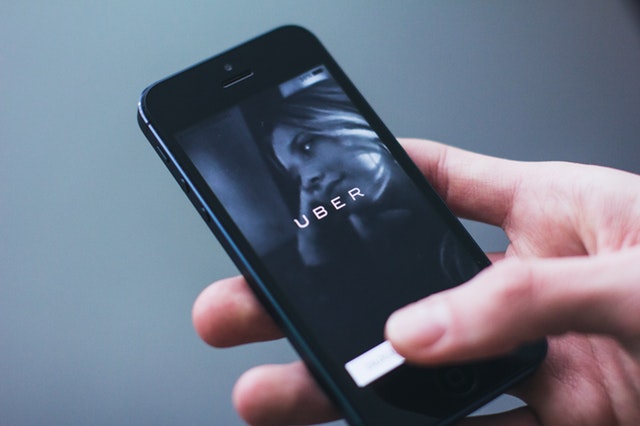UK court rules that Uber is an employer, not just a mobile matchmaker

The technology company Uber has lost the latest round in a battle over its operating model on Friday, in a UK court ruling that could have far-reaching consequences for other companies operating in the so-called gig economy.
The defeat came at the hands of the British employment appeal tribunal, who backed a decision made by a lower panel that two co-claimants—Uber drivers James Farrar and Yaseen Aslam—were correctly defined as workers under British law. Uber said it would continue to challenge the decision through the legal system, but had not decided whether to go directly to the supreme court, bypassing the court of appeal.
Uber’s business model treats its drivers as independent contractors who use the platform as a matchmaker to connect with customers. The judge rejected this on the grounds that the company controlled much of the drivers’ work, including allocating their passengers and setting fares.
Should companies like Uber have to assume responsibilities as employers, this would mean drivers would be entitled to minimum wage rights and holiday pay. The company could also face higher taxes. Uber have previously warned that these increased labor costs would have to be passed on to customers, who benefit from its cut-price services.
“[The decision] goes right back to the question at the centre of the gig economy business model: is it matchmaking, or is it providing a service?” says Jeremias Prassl, a law professor at Oxford university.
“You’re now seeing courts all over the world agreeing that the service provided by the app is more than just the intermediation.”
Speaking on Uber’s application to operate in Luxembourg, Xavier Bettel (the country’s prime minister) suggested that he had concerns over the lack of social security contributions for drivers.
“Innovation doesn’t mean I don’t care,” he said. “For me Uber is innovation—I really support innovation—but I don’t want to produce people where in ten years they will have no salaries, no pensions, no security.”
However, gig economy companies such as Uber have long argued that drivers prefer flexible working to the restrictions that would have to accompany worker status. When the company was threatened with a ban in London in September, drivers were among the first to come to Uber's defence. Speaking at the time, James Farrar (co-claimant in Friday's tribunal) said: “This is a devastating blow for 30,000 Londoners who now face losing their job and being saddled with unmanageable vehicle-related debt.”
Writing in IZA World of Labor, Daniel S. Hamermesh has called for careful policy making in this area. He argues that although higher labor costs (such as higher wages and employee benefits) make workers better off and protect those who have few alternatives from being exploited, they also reduce companies’ demand for labor.
“Negative consequences are possible when increasing minimum wages or imposing other measures that increase labor costs,” he concludes. “Some people will benefit, but each increase will reduce the number of jobs and/or the total amount of work available in the economy.”
Read more articles about the future of work and employment protection.
Contact a topic spokeperson for specific queries.